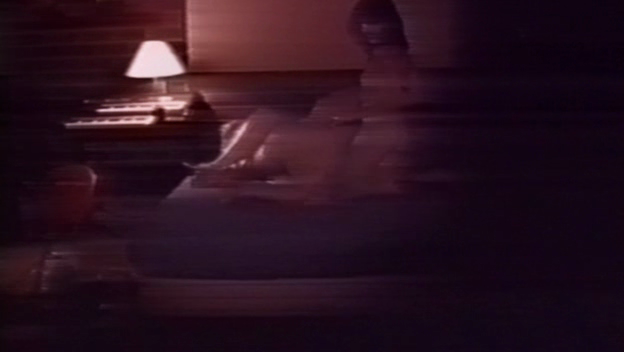
Director/Writer: Joel Anderson
Polished faux-documentary about a grieving Australian family searching for closure in the wake of a tragic accident. Director Joel Anderson’s debut effort holds a number of chilling revelations, though it arguably works best as a meditation on the nature of loss. I’ve yet to see Kôji Shiraishi’s ‘The Curse’, though I am given to understand that both films share fundamental similarities.
This is a low-budget ‘Indie Ozzie’ with none of the usual trimmings (namely: demented sex and gore). From its mature visual restraint, to its uncanny naturalism, Lake Mungo couldn’t feel further removed from its Ozploitation roots.
In 2005, Alice Palmer’s body was recovered from a weir in her hometown of Ararat, Victoria. She had disappeared whilst swimming with her brother, during a family picnic. Three years later, her family and friends participated in a series of interviews, attempting to shed some light on the bizarre events surrounding her death.
So begins the mystery of Alice Palmer, who I should clarify, is no relation to the famous Laura (though they do share some of the same secrets…)
Anderson paints the film’s central tragedy with astute, unsentimental detail (the father recounts how the family car stalled on their journey home from the lake, whilst the mother remembers a preoccupation with her deceased daughter’s mobile phone). The amount of understatement in these early scenes creates a kind of vacuum, leaving the viewer ever more anxious for an explanation.
Anderson is less interested in this. And thankfully, the film concedes very little in the way of definite answers. In fact, the conclusions it does offer are nearly always dismantled with each new development.


This inconstancy is simultaneously the film’s greatest asset, as well as it’s greatest flaw. The perpetually shifting blame — it seems that every character, at one point or other, is tapped as a potential suspect — means that we’re never on a sure footing. However, by the time act three is underway, Anderson has burnt so many of his bridges that it’s difficult not to feel jaded.
Nonetheless, an assured cast of unknowns manage to hold everything in place. Most convincing of all are the parents, played here by Rosie Traynor and David Pledger, both of whom manage to affect the solemn, faltering speech-patterns of the bereft without ever stumbling into overwrought-ness.
First time director Joel Anderson’s commitment to keeping his audience guessing is commendable, and the film’s final images are guaranteed to linger. This is Ozploitation of the highest caliber, even without the splatter. It’s also a first-rate debut.
S.S.